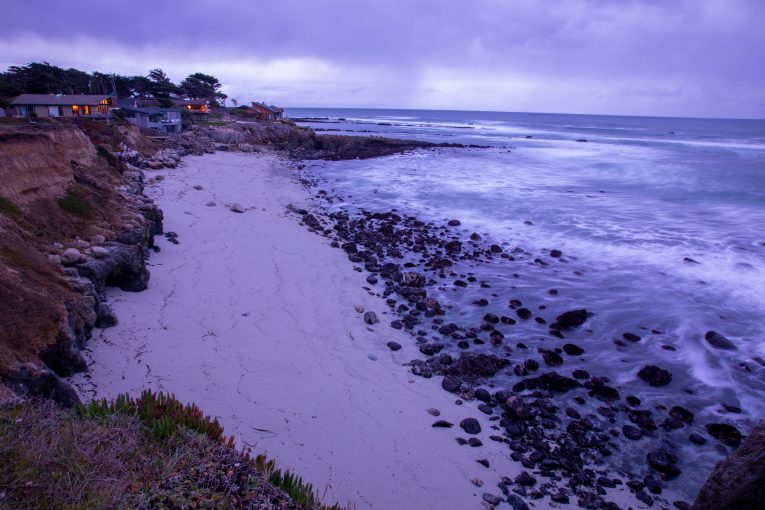
SAN FRANCISCO, CA – In a pivotal case affecting California’s coastline, the First District Court of Appeal has indicated it will uphold the California Coastal Commission’s restriction on sea wall construction, impacting property owners and public beaches across the state’s 1,100-mile shoreline.
According to the Bay Area News Group (BANG), this case is centered on Casa Mira, a complex of 10 townhouses near Half Moon Bay, and it has drawn scrutiny from environmentalists, developers and coastal communities statewide.
The dispute hinges on the interpretations of existing structures in the Coastal Act. BANG states that “buildings constructed after Jan. 1, 1977 are not entitled to obtain permits to build sea walls.”
“If the Legislature intended to guarantee any structure shoreline protection — regardless of when it was constructed — it could have retained the broad language,” the court wrote in its tentative opinion, according to BANG.
Critics of sea walls, including environmental advocates and the Coastal Commission, charge the structures harm beaches by preventing natural erosion and inland migration, leading to long-term loss of sand and public access.
According to the Bay Area News Group, the court scheduled a Dec. 11 hearing to issue a final opinion, but tentative opinions followed earlier versions of the Coastal Act and how that aligns with the rule of “existing structures.”
The recent conflict began in 2016, when a severe storm caused 20 feet of bluff to collapse in front of Casa Mira, putting the townhouses at risk, wrote BANG, noting, the homeowners association received an emergency permit to install boulders as a temporary measure, but was later denied a permit for a permanent 257-foot concrete sea wall.
“The Casa Mira Homeowners Association sued and won in San Mateo County Superior Court last year. The Coastal Commission appealed,” according to the Bay Area News Group, adding the appeals court later overturned much of previous rulings and sided with the Coastal Commission.
This issue has had a big impact, both locally in California but also on a national level where rising sea levels are causing houses to fall into the ocean—suggesting, said BANG, the issue has so much momentum it could end up in the state Supreme Court next year.